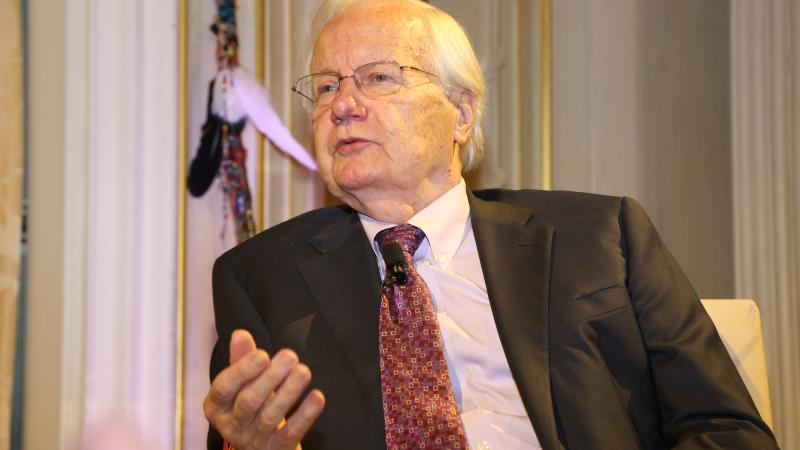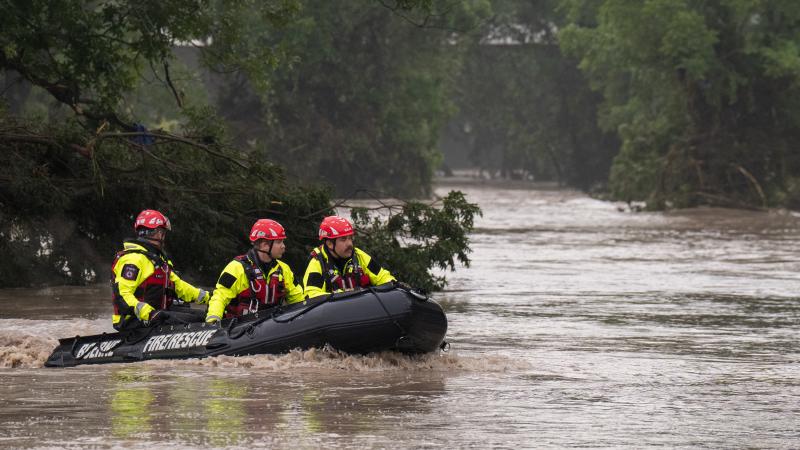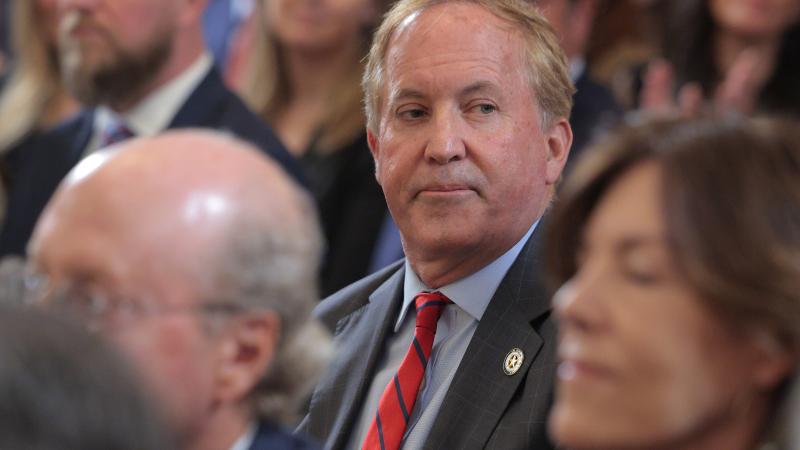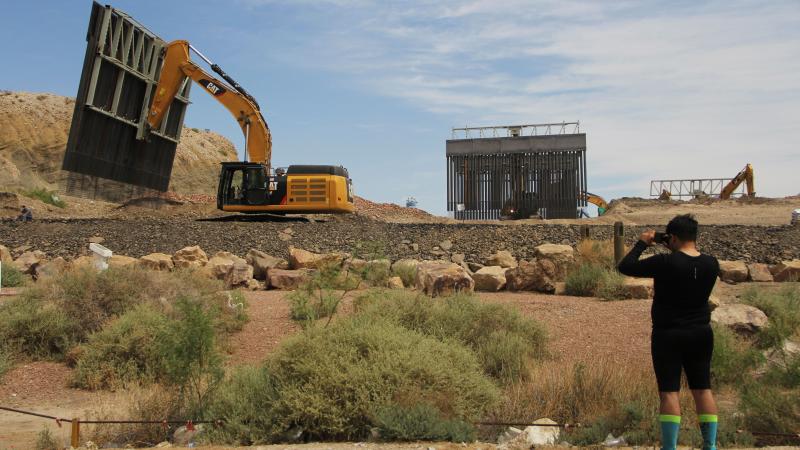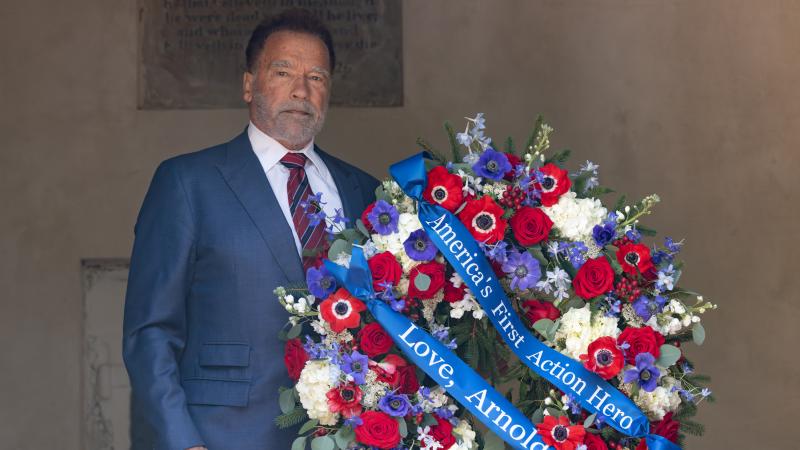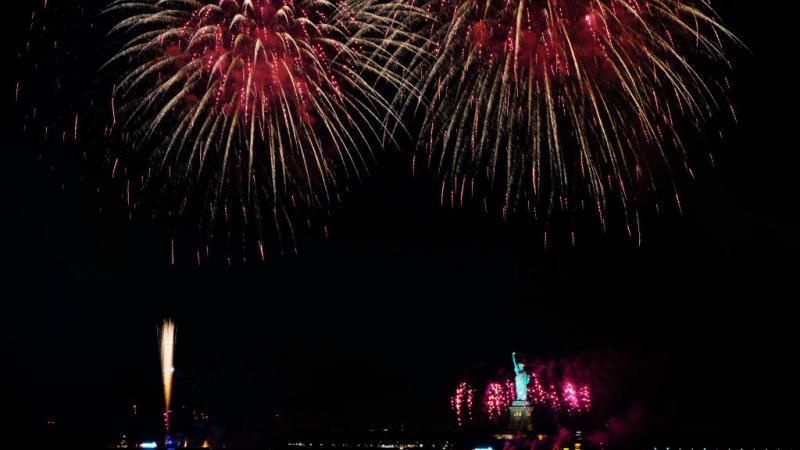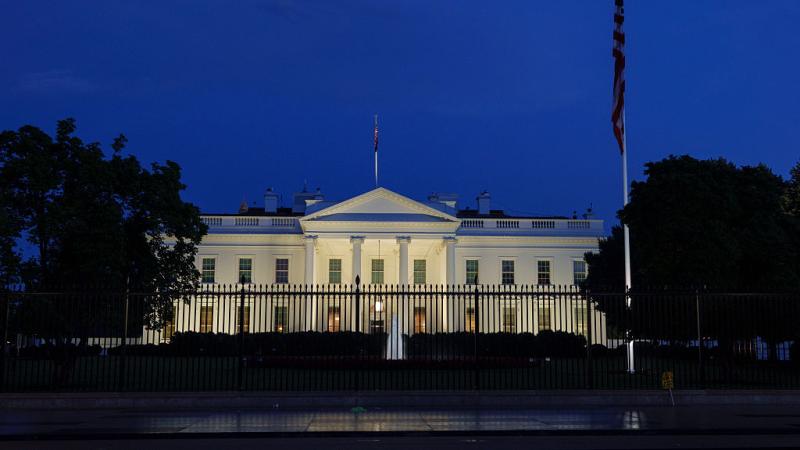YouTube reverses 2020 election misinformation censorship policy
"Two years, tens of thousands of video removals, and one election cycle later, we recognized it was time to reevaluate the effects of this policy in today's changed landscape," YouTube said.
YouTube reversed its 2020 election misinformation censorship policy on Friday, ahead of the 2024 presidential election.
The video sharing company had previously removed videos from its platform that claim there was widespread fraud in the 2020 presidential election. Former President Donald Trump is one of the most prominent voices on 2020 election fraud.
YouTube explained the reason for the reversal in a statement.
"We first instituted a provision of our elections misinformation policy focused on the integrity of past US Presidential elections in December 2020, once the states’ safe harbor date for certification had passed. Two years, tens of thousands of video removals, and one election cycle later, we recognized it was time to reevaluate the effects of this policy in today's changed landscape," YouTube said.
"In the current environment, we find that while removing this content does curb some misinformation, it could also have the unintended effect of curtailing political speech without meaningfully reducing the risk of violence or other real-world harm. With that in mind, and with 2024 campaigns well underway, we will stop removing content that advances false claims that widespread fraud, errors, or glitches occurred in the 2020 and other past US Presidential elections," the statement continued.
YouTube also said that it is "ensuring that when people come to YouTube looking for news and information about elections, they see content from authoritative sources prominently in search and recommendations."
In addition, all of YouTube's other "election misinformation policies remain in place, including those that disallow content aiming to mislead voters about the time, place, means, or eligibility requirements for voting; false claims that could materially discourage voting, including those disputing the validity of voting by mail; and content that encourages others to interfere with democratic processes."

